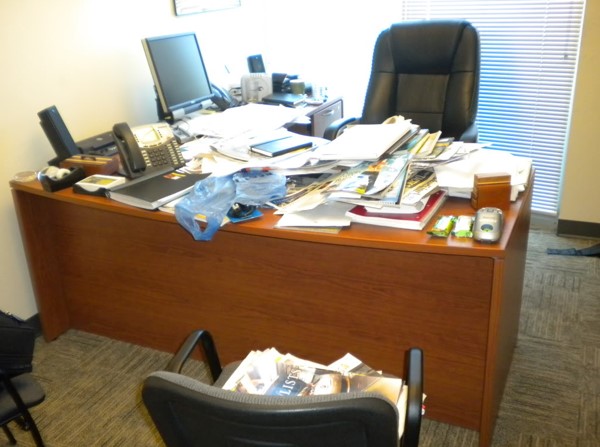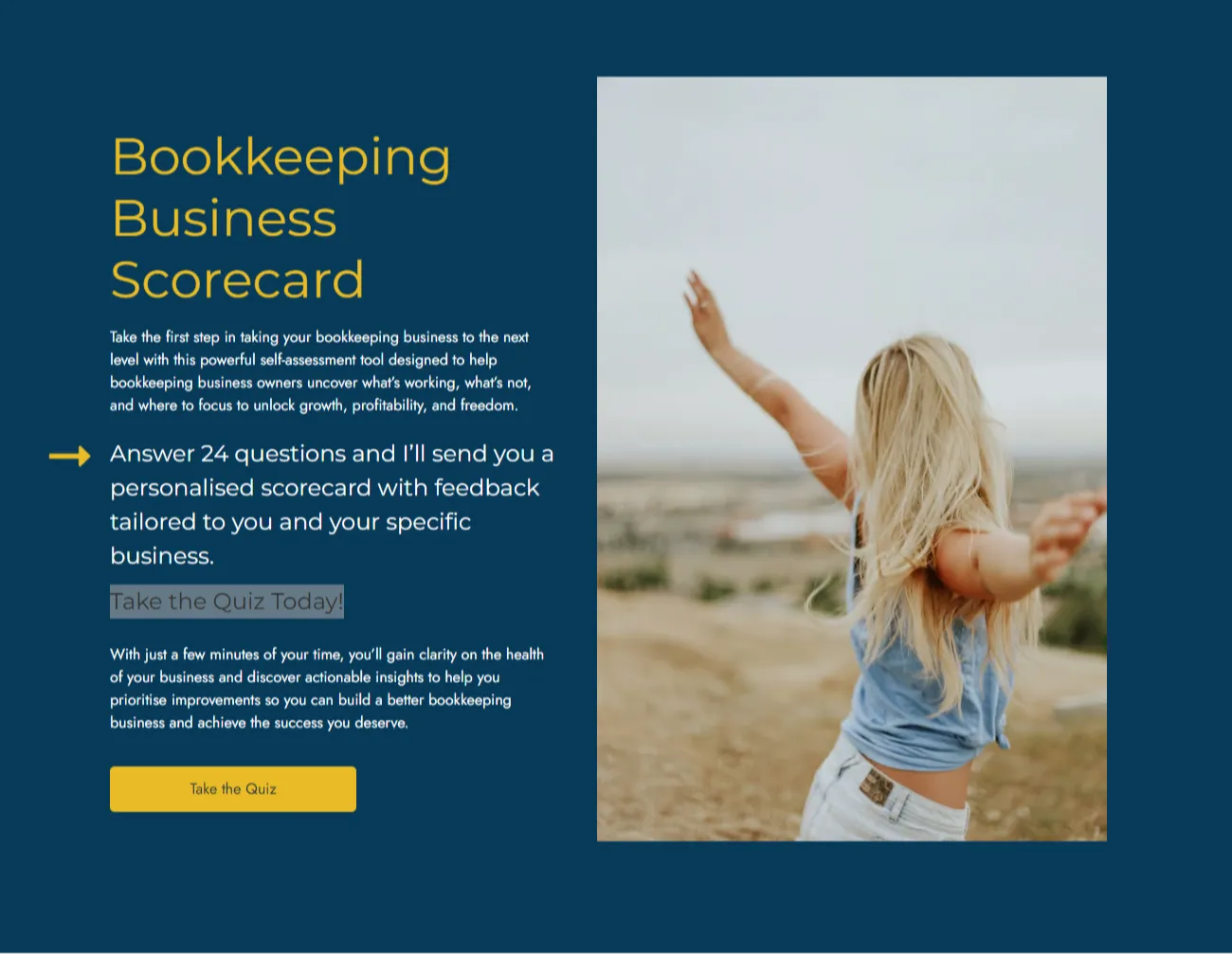Health and Safety for Bookkeepers
Aug 28, 2021
Today's blog has been guest written by Health and Safety specialist Chris Fryer from Upshot NZ Ltd, a Tauranga accounting and business support business.
Health and Safety for Bookkeepers
“Hey, I’m a bookkeeper, I’m only handling paperwork, I'm not using dangerous plant and equipment”.
“I’m a sole operator, I don’t have any staff”.
“I work from my own home, it’s my place so I can do what I like”.
Any of this sound familiar?
Whether any of these statements are true or not, you should still have a health & safety policy and health and safety systems in place, and here's why:
The Health & Safety in the Workplace Act 2015 requires it “whether the person conducts a business or undertaking alone or with others”.
A Healthy & Safety policy is not just about keeping your staff safe, it is also about keeping clients safe when they visit.
And it is about keeping the most important person in your business safe - YOU.
Eliminate, isolate or minimise
A key requirement of a H&S policy is to identify all work hazards and to either eliminate, isolate or minimise them.
So, let’s look at an average office.
What types of hazards might be in an average office, starting from when you walk in the door.
Is the entrance way uncluttered, with no slippery floor surfaces (especially if they get wet) or loose mats etc.?
Do you have a COVID 19 QR code displayed so that visitors can scan in? Do you also have hand sanitiser available?
Electrical safety
In a lot of home offices there are a lot of power multi-boards used due to a lack of fixed power points. Make sure these aren’t overloaded and are in a safe working condition and, preferably, they should have a circuit breaker on them.
If you have others working in your office it is best to have all electrical leads, multi-boards, computer power cords etc. tested and tagged (as safe) by a suitably qualified person. This doesn’t have to be a certified electrician. Then keep them in current test.
Keep appliances that use a lot of power, like heaters, on a separate board or plug.
Try to avoid having power leads across the floor walkway area? If you absolutely need to do that to get power where it’s needed, cover the lead with a mat to avoid a tripping hazard.
Your workstation
What is your desk and chair like? If you’re working from a home office don’t just use a kitchen chair and sit at the kitchen table. Use a proper fitting, adjustable office chair and appropriate desk.
Don’t work on a laptop all the time. Use a cordless keyboard and mouse, a mouse pad with a wrist support, and a larger screen, adjusted to the correct eye level for you.
Ensure that you have good lighting.

Working posture and ergonomics
How long do you sit at your desk working?
Take regular breaks and do some stretching exercises. Regular breaks will also help with your concentration and overall work productivity.
Use the correct technique when bending and lifting (bend your knees not your back). People have put their back out by bending incorrectly just to pick up a pen off the floor. A box of A4 paper weighs 13.3kg.
Kitchens, lunchrooms & bathrooms
Is these areas kept clean? Are any spills cleaned up immediately?
Is hand soap available?
Boiling water – take care. In New Zealand, water from the tap should be no hotter than 55 degrees C. If you have a boiling water tap, ensure it is labelled as such.
Hazards away from your own office
When you go and visit a client, what types of hazards do you take to their place?
If you take a laptop computer with its power lead, could this be a hazard, especially the lead?
When you drive and take your laptop, is it secured so that if you had to brake in a hurry it doesn’t become a missile inside the car?
Your H&S policy & procedures
If you have staff you need to have them read, understand, and sign your Health & Safety policy.
You also need to train them on hazard ID and controls and have regular health & safety meetings (all documented).
Any Incidents (near misses etc. not causing injury) or Accidents causing injury (even a paper cut, as it could cause infection etc. later) should be recorded in a Register and then investigated with the hazard or cause then being eliminated, isolated or minimised.
A fresh set of eyes
Have a good look around your office for hazards or get someone else, with a fresh set of eyes, to do it. Often, we miss obvious hazards simply because we deal with them every day.
Some of this sounds technical and involved but once good systems are in place Healthy and Safety becomes a simple ongoing function.
Thanks Chris!
Take the first step in taking your bookkeeping business to the next level!
With just a few minutes of your time, you’ll gain clarity on the health of your business and discover actionable insights to help you prioritise improvements so you can build a better bookkeeping business and achieve the success you deserve.



